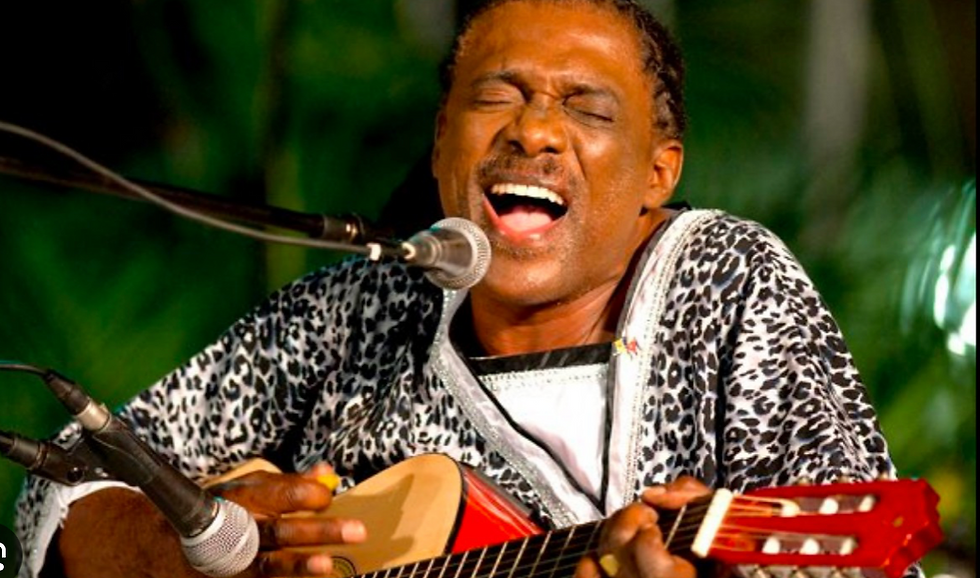In the beginning, there was Mercury.
- cwilliamsleacock
- Nov 28, 2023
- 2 min read
The history of mass media in Barbados can be traced back to the early 1800s, with the establishment of the Barbados Mercury and the Bridgetown Gazette, the island's first newspapers. These newspapers were created to inform the public about government announcements and convey laws to maintain order. With the country's development and the abolition of slavery, radio was introduced in 1935, followed by television in the 1960s. The first radio service in Barbados was a wired cable service called Rediffusion, which ended in 1997. After that, CBC Radio was the only wireless radio station until the introduction of the Voice of Barbados in 1981. CBC also played a significant role in television broadcasting and remains a major player in the industry.
The primary purpose of mass media in Barbados is to inform, entertain, and educate the public. It provides citizens with information on politics, news, sports, entertainment, and culture. The media also plays a vital role in shaping public opinion and promoting national unity by providing a forum for discussion. Through news and current affairs programs, the media helps keep the public informed about important issues and events that affect the country and its people.
The process of disseminating information in the Barbadian media begins with the collection and verification of news stories by journalists. They gather information from various sources, including interviews, press releases, and official reports. The data is then fact-checked and verified before being written into news stories. Journalists adhere to accuracy, fairness, and impartiality principles in their reporting, respect privacy, and avoid publishing information that could harm individuals or institutions. The industry offers various job opportunities in public relations, journalism, copywriting, film directing, communications management, marketing communications, video editing, and content creation.
The Barbadian media industry has produced well-known personalities such as Julian Rogers, a broadcaster and journalist; Ridley Greene, a media personality; and Tracy Fowler, a communication and media professional.


With the rise of digital media, traditional platforms like newspapers and television have seen a decline in revenues, leading to financial constraints. Many media organisations operate on limited budgets, making investing in new technologies, equipment, and staff development complex. However, they have embraced digital platforms like websites, social media, and mobile apps to reach audiences and deliver news and information. Another trend is the increasing use of data analytics and audience engagement strategies, enabling organisations to understand their audiences better and tailor their content to meet their needs and interests so it will be received successfully. This has led to more targeted and personalised content, which helps them attract and retain audiences.
In recent years, the rise of digital media has significantly impacted the industry. I experienced the Barbadian mass media through CBC by watching the daily news at 8 when I was younger. However, in recent years, I have been listening to the radio more and consuming most of my information via social media pages such as Nation News' official Instagram account. (The Role of Mass Media in the Caribbean, n.d.)





Comments